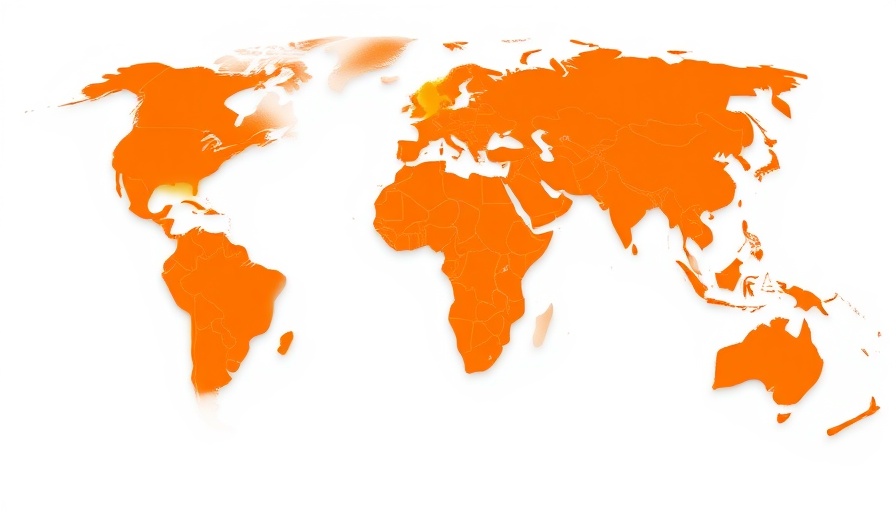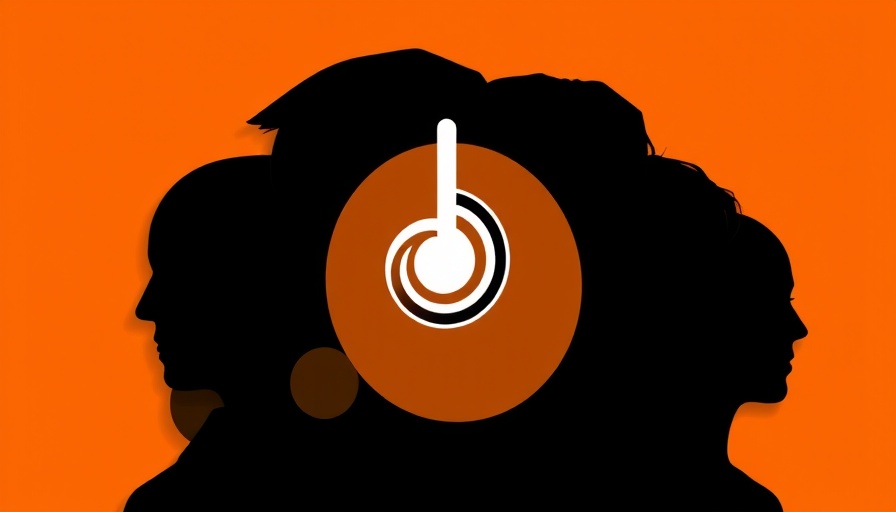
Understanding the WHO's New Ethical Guidance on Research
The ongoing challenge of prioritizing health research in an era of diminishing funding is one that has left researchers, funders, and policymakers grappling with the ethical implications of their choices. The World Health Organization (WHO) has answered this pressing need by launching a comprehensive guideline designed to steer ethical considerations into the process of health research priority setting. This initiative is particularly vital in today’s world, where the outcomes of research drastically affect who benefits from advancements in health and medicine.
The Role of Ethics in Health Research
As discussed in the WHO's guidance, ethical priority setting in health research is essential to ensure fairness and equity. It aims not just at determining what research should be funded, but also at ensuring that the chosen research serves the needs of all stakeholders involved. This includes patients, healthcare professionals, and the broader society. The implications of this guidance extend beyond funding; they influence the strategic direction of healthcare and medical advancements. Ethical decision-making now becomes a crucial element in ensuring that research serves the public good rather than merely advancing specific interests.
Key Components of the WHO Guidance
The WHO's guidance synthesizes best practices for incorporating ethics into the research prioritization process. It provides a framework for decision-makers that includes practical suggestions for conducting priority-setting exercises, which can aid in strategic planning across health organizations. The accompanying casebook enriches this guidance with real-world examples, demonstrating how others have successfully integrated these principles into their research agendas.
Equity in Research: Lessons from Healthcare
During an upcoming virtual panel discussion, experts will delve deeper into how the principles of equity are applicable to national health research priority setting. By taking cues from health care priority setting—where outcomes often extend directly to patient care—there's much to learn about why and how equity must play a pivotal role in research. This discussion, featuring notable figures like Katherine Littler from WHO and John Reeder, offers a unique opportunity for stakeholders to engage with this critical aspect of health research.
Impact of COVID-19 on Health Research Setting
The COVID-19 pandemic has starkly illuminated the urgent need for ethical clarity in health research priorities. In a time when rapid research is crucial, the WHO's guidance emphasizes that speed should not compromise ethics. The lessons learned during the pandemic are expected to guide future practices, creating room for a more ethically-informed approach moving forward. Stakeholders are encouraged to reassess how they set research priorities in a post-pandemic world, ensuring that marginalized communities receive attention in health advances.
The Call for Action in Research Funding
This new guidance is a call to action for all involved in health research—from government officials to funding bodies. By adhering to ethical guidelines, stakeholders can work towards ensuring that the benefits of research are equitably distributed across populations. This means prioritizing support for research that addresses inequities in health outcomes and paying special attention to underserved populations.
Moving Forward: A Shared Responsibility
The WHO's emphasis on ethics in health research priority setting invites us to consider our collective responsibility toward a fair distribution of health resources. As we approach the upcoming panel discussion, it’s crucial for every stakeholder, from policymakers to healthcare workers and researchers, to engage with these ethical considerations actively. Joining in these conversations could ultimately transform not just the practice of health research, but also the landscape of global health ethics as we move forward.
 Add Row
Add Row  Add
Add 




Write A Comment